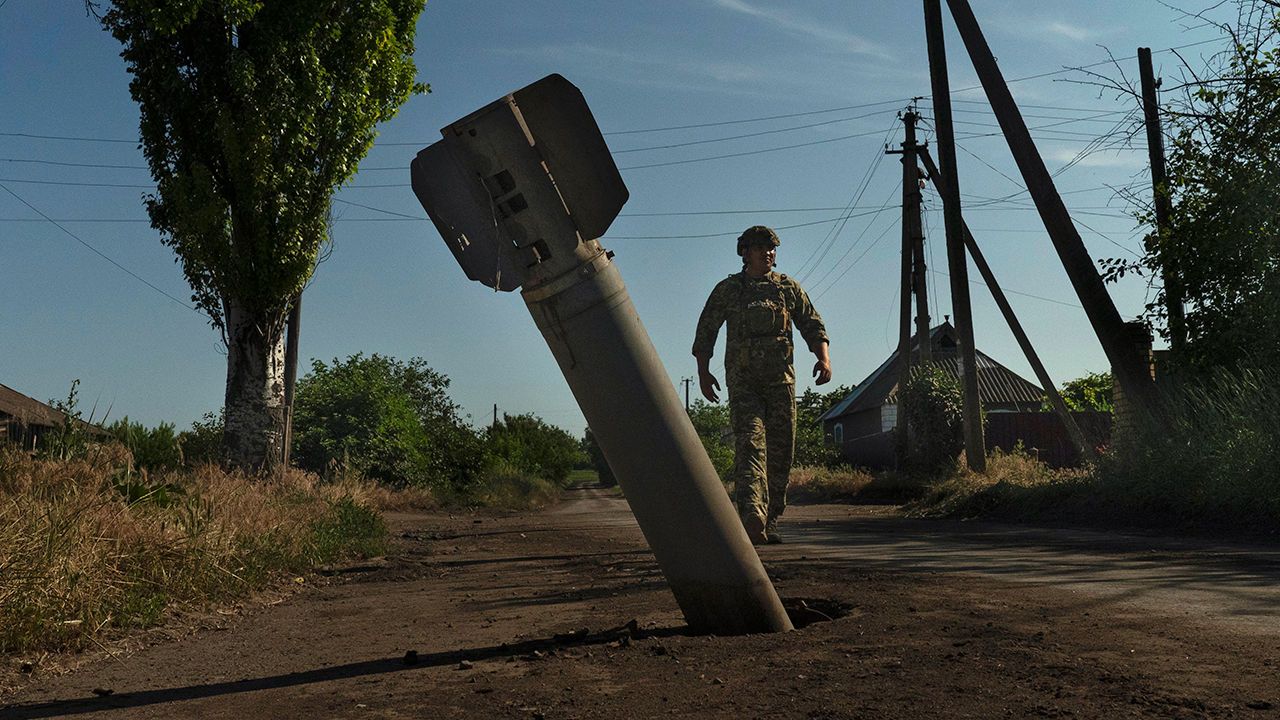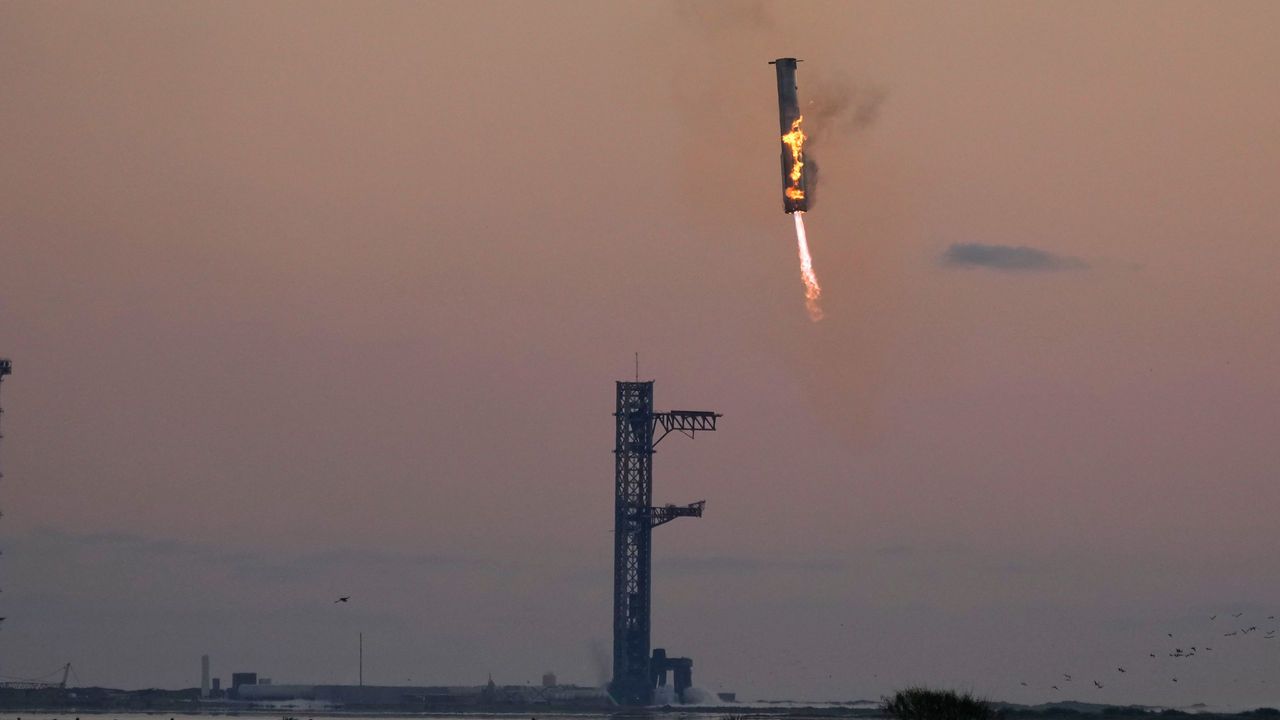How Ukraine’s new tech foils Russian aerial attacks
It is pioneering acoustic detection, with surprising success

ONCE RUSSIA’S full invasion got rolling on February 24th 2022, Ukraine’s prospects for defending its airspace looked poor. The country’s radar coverage was patchy even before its radar stations came under attack, and many incoming drones and cruise missiles were flying too low to be spotted by stations still standing.
Explore more
This article appeared in the Science & technology section of the print edition under the headline “Hey, what’s that sound?”
Discover more

Elon Musk’s SpaceX has achieved something extraordinary
If SpaceX can land and reuse the most powerful rocket ever made what can’t it do?

Could life exist on one of Jupiter’s moons?
A spacecraft heading to Europa is designed to find out

Noise-dampening tech could make ships less disruptive to marine life
Solutions include bendy propellers and “acoustic black holes”
Meet Japan’s hitchhiking fish
Medaka catch rides on obliging birds, confirming one of Darwin’s hunches
AI wins big at the Nobels
Awards went to the discoverers of micro-RNA, pioneers of artificial-intelligence models and those using them for protein-structure prediction
Google’s DeepMind researchers among recipients of Nobel prize for chemistry
The award honours protein design and the use of AI for protein-structure prediction
